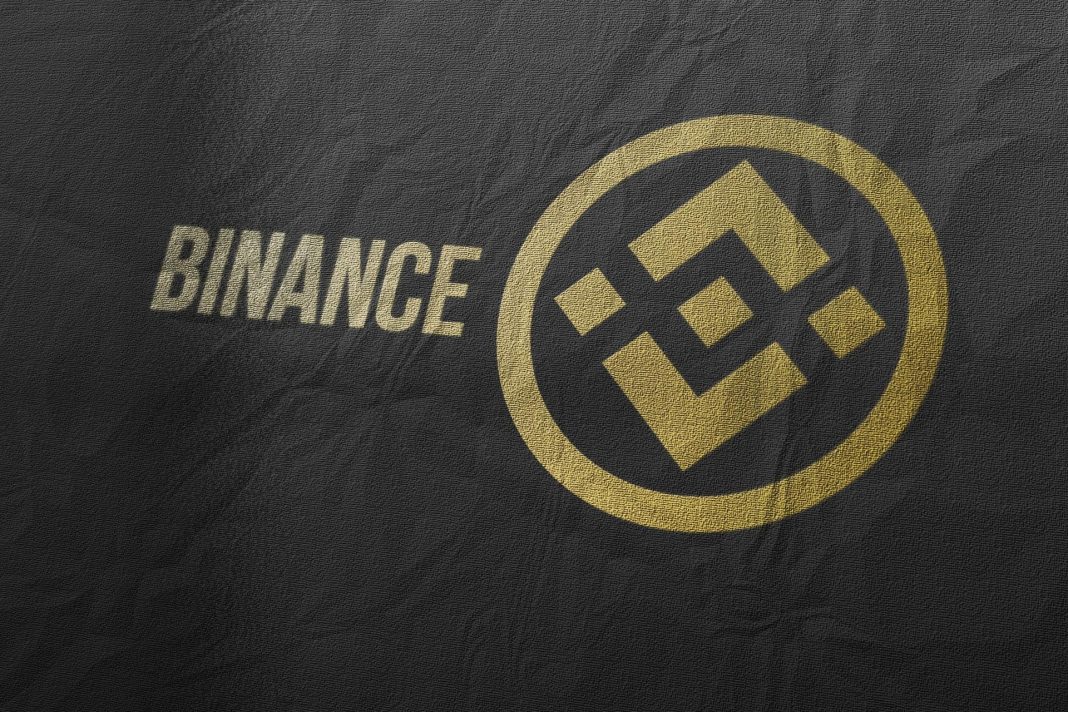Starting June 30, Binance will implement new restrictions on unregulated stablecoins in the European Union, in response to the EU’s new Markets in Crypto-Assets, the MiCA regulations.
Regulations everywhere
The recently approved MiCA law by the European Parliament imposes several requirements on the issuance and management of stablecoins, and to comply with these new regulations, Binance will limit the use of stablecoins that don’t meet MiCA’s standards on its platform.
Users are encouraged to transition to compliant stablecoins to ensure normal trading.
From June 30, trading, depositing, or withdrawing stablecoins that don’t adhere to MiCA guidelines will be prohibited on Binance.
This decision underscores Binance’s dedication to regulatory compliance and user protection.
“This will be a first step entering the new regulatory framework and it will have a significant impact on the stablecoin market in the European Economic Area.”
Protect and serve
Binance’s move to restrict unregulated stablecoins want to mitigate risks associated with unregulated assets, thus enhance market stability.
The company is also providing resources to assist users in transitioning to approved stablecoins, including educational materials and customer support to help them understand the new regulations.
The MiCA framework is a new, advanced regulation designed to bring clarity and consistency to the cryptocurrency market in the EU.
It covers various digital assets and service providers, setting stringent guidelines for transparency, management, and consumer protection, for example, MiCA requires stablecoins to meet rigorous operational and reserve standards to ensure their stability and reliability.
Follow the trend
Binance’s proactive measures reflect a strong trend of digital asset platforms increasingly adhering to regulatory standards to avoid legal troubles.
By aligning with MiCA guidelines, Binance’s goal is to reduce risks and provide seamless service to its users.
Many industry experts think this move is set a precedent for other exchanges in the EU, leading to a safer and more regulated cryptocurrency environment.
Basically every market participant, except the average retail users think that as more platforms follow suit, the overall market will become more secure, benefiting both the users and the industry at large by reducing volatility and enhancing trust in digital asset transactions.


